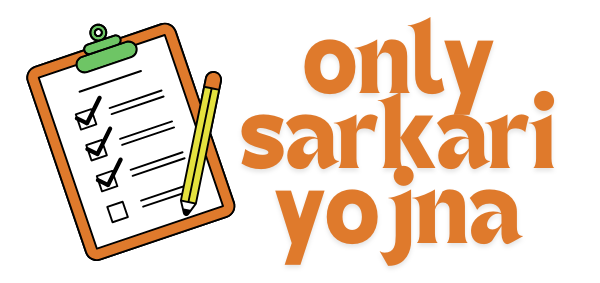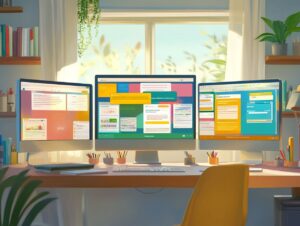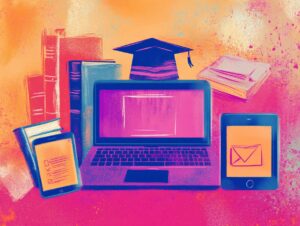In today’s fast-paced environment, mastering effective learning strategies is essential for achieving academic and professional success.
This article examines various approaches, including active learning techniques, visual methods, and collaborative practices, all aimed at enhancing the study experience.
Readers will discover the numerous benefits these strategies can offer, such as improved retention and enhanced critical thinking skills.
Additionally, practical tips for integrating these methods into daily routines will be provided, along with a discussion of common challenges faced by learners.
Prepare to unlock your full potential.
What are Effective Learning Strategies?
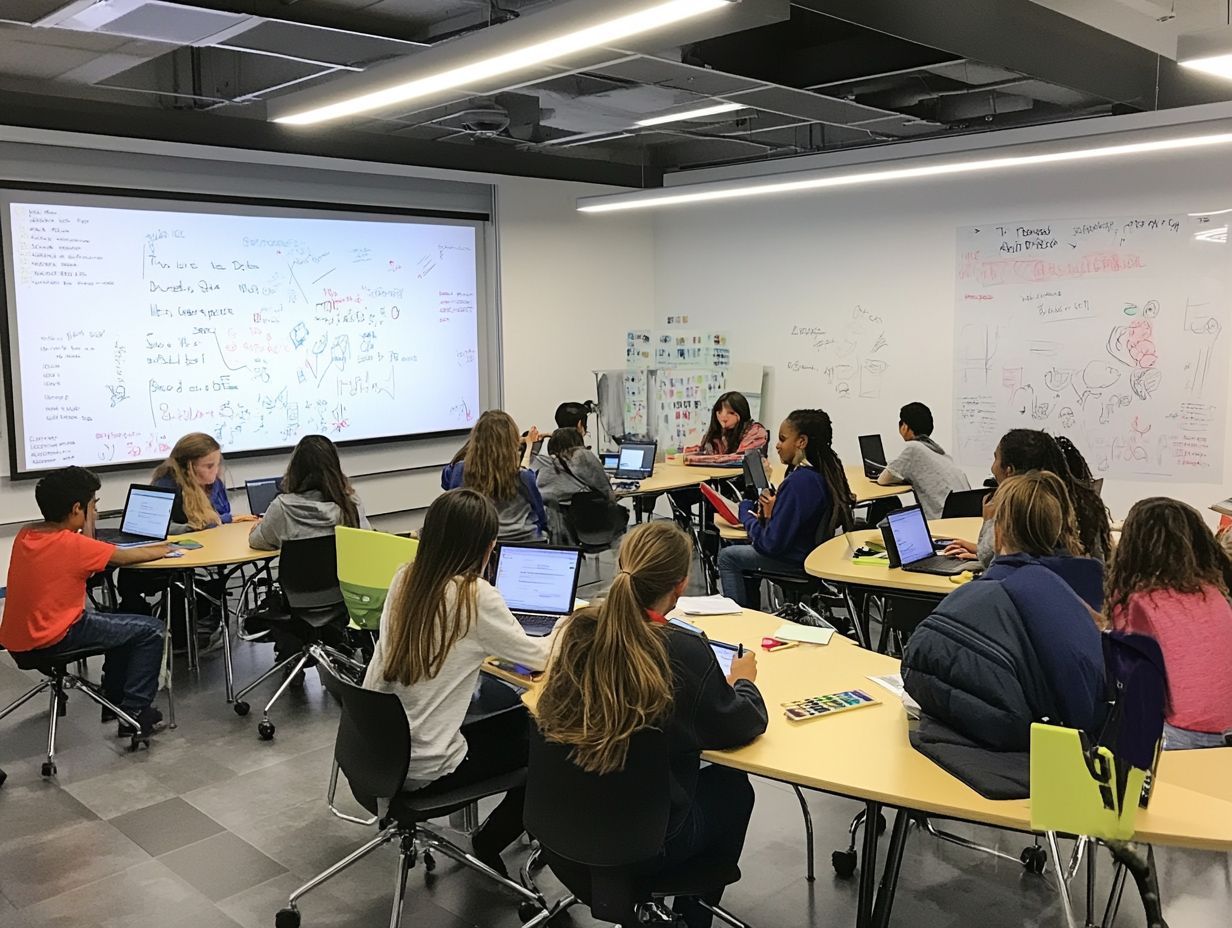
Effective learning strategies comprise a variety of methods and techniques aimed at enhancing cognitive processes, thereby facilitating the acquisition and retention of knowledge.
These approaches are grounded in educational psychology and are specifically designed to optimize learning outcomes by accommodating individual learning preferences and styles, ultimately promoting self-regulated learning.
By emphasizing essential components such as goal setting, time management, and motivation, students can develop personalized learning plans that not only improve information retention but also foster deeper engagement with their studies.
Types of Effective Learning Strategies
There exists a variety of effective learning strategies tailored to accommodate diverse learning styles and preferences, each employing specific techniques and study methods to enhance cognitive engagement and comprehension.
These strategies may encompass active learning, which fosters interaction and participation, alongside metacognitive strategies that prompt learners to reflect on their cognitive processes.
By applying cognitive load theory, educators can develop instructional materials that enhance goal setting and promote deeper understanding among students.
Active Learning Techniques
Active learning techniques are instructional methodologies that engage students in the learning process through activities that promote interaction, problem-solving, and critical thinking. These strategies frequently incorporate peer teaching, collaborative projects, and hands-on experiential learning activities that encourage students to apply concepts within real-world contexts.
By implementing formative assessments and feedback loops, educators can ensure that learners remain motivated while developing their engagement and self-efficacy.
Examples of these techniques include:
- Group discussions, where learners analyze various perspectives on a topic.
- Simulations that replicate real-life situations for experiential learning.
- Problem-based learning, in which students collaboratively address complex questions or problems.
Interaction is a critical component, as it fosters a sense of community among students, enabling them to share ideas freely. Formative assessments are essential in these methodologies, providing continuous feedback that assists learners in identifying their strengths and areas for improvement.
Such practices not only enhance student engagement but also lead to more effective learning outcomes, equipping them to face future challenges.
Visual Learning Methods
Visual learning methods utilize images, diagrams, and other visual aids to enhance comprehension and improve information retention, particularly for learners who benefit from visual stimuli. Techniques such as concept mapping, visualization, and effective note-taking strategies enable students to organize and synthesize information more efficiently.
These strategies allow learners to discern relationships between concepts, thereby facilitating a structured thought process that can lead to enhanced retention. For example, concept mapping encourages students to create visual representations of content, which clarifies complex topics and promotes active engagement.
When combined with multimedia resources such as videos and interactive simulations, these methods can significantly improve comprehension. By incorporating various forms of media, educators provide multiple avenues for exploration, enabling students to interact with the material in diverse ways.
This multifaceted approach ensures that learners not only absorb information but also retain it over the long term, ultimately fostering a deeper understanding of the subject matter.
Collaborative Learning Approaches
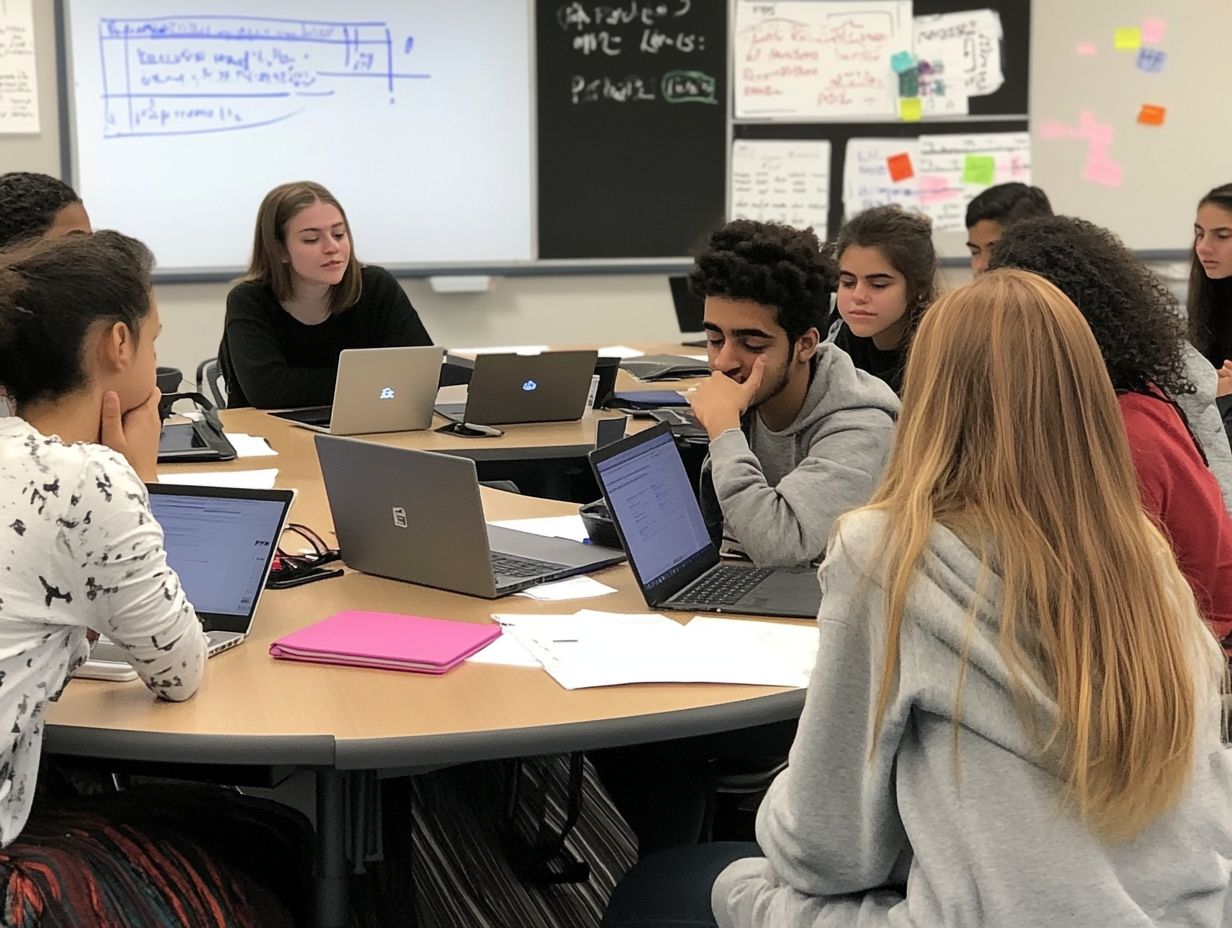
Collaborative learning approaches prioritize group interactions and teamwork, facilitating an environment where students can learn from one another through shared experiences and diverse perspectives. Grounded in social learning theory, these methodologies concentrate on peer assessment and cooperative tasks that promote a sense of community and collective problem-solving.
By participating in group projects and discussions, students can enhance their ability to apply knowledge while simultaneously developing transferable skills that are essential for both academic and professional success.
These interactive environments encourage participants to communicate effectively, listen attentively, and contribute unique perspectives toward a common objective. For example, in a group project focused on sustainability, students are required to collaborate in researching solutions, which leads to a more profound understanding of environmental issues through teamwork.
Peer assessments enable individuals to evaluate each other’s contributions, fostering critical thinking as they provide constructive feedback. Such dynamics not only influence knowledge retention but also enable students to apply their skills in real-world contexts, cultivating confidence, empathy, and effective collaboration in their future endeavors.
Benefits of Using Effective Learning Strategies
Employing effective learning strategies presents numerous advantages that considerably enrich the educational experience, especially regarding enhanced information retention and the cultivation of critical thinking skills.
These strategies promote self-regulated learning, enabling students to take ownership of their educational journeys, which in turn increases motivation and engagement in their academic endeavors.
By incorporating diverse study methods tailored to individual learning preferences, educators can establish an environment conducive to lifelong learning and academic achievement.
Improved Retention and Understanding
Effective learning strategies significantly enhance knowledge retention and understanding among students through the implementation of techniques such as active recall and spaced repetition. These methods are specifically designed to consolidate learning outcomes, enabling learners to retrieve information more efficiently and apply it across various contexts.
Additionally, incorporating feedback into the learning process further improves retention by allowing students to identify areas for improvement and solidify their understanding of core concepts.
By actively engaging with the material through self-testing and reviewing information at strategically spaced intervals, learners are better equipped to combat the forgetting curve. This level of engagement fosters a deeper and more nuanced understanding of the subject matter.
Furthermore, feedback is instrumental in this process, serving as a critical resource that informs students about their progress and highlights areas requiring attention. With timely and constructive feedback, students can refine their techniques and reinforce their knowledge, ultimately promoting a more effective and meaningful learning experience.
Enhanced Critical Thinking Skills
The implementation of effective learning strategies significantly enhances critical thinking skills by fostering inquiry-based learning and problem-solving activities among students.
These methodologies promote deep cognitive processes that challenge learners to analyze, evaluate, and synthesize information. As students actively engage with the content and collaborate with their peers, they cultivate the ability to think critically and make informed decisions, thereby preparing themselves for real-world challenges.
For example, project-based learning tasks, which require students to investigate a driving question and propose solutions, encourage exploration of various perspectives and synthesis of knowledge across disciplines. In a similar vein, role-playing scenarios allow learners to assume different characters, thereby promoting empathy and perspective-taking.
Such interactive experiences not only increase engagement but also develop analytical skills that are essential for navigating complexities in future situations.
Consequently, these inquiry-driven practices enable students to approach problems with creativity and a critical mindset, ultimately equipping them to succeed in an increasingly complex world.
Implementing Effective Learning Strategies
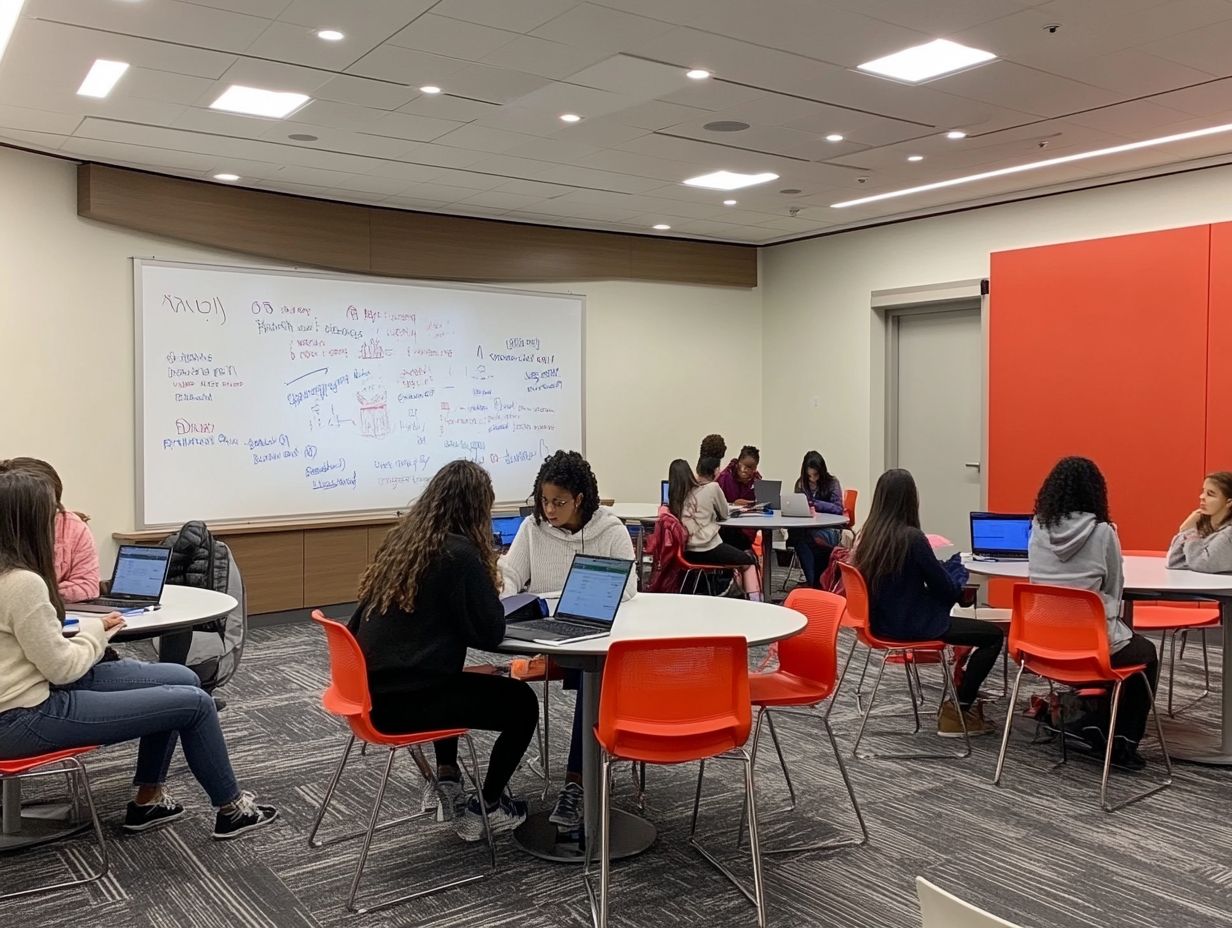
The implementation of effective learning strategies into a study routine necessitates a systematic approach to time management, goal setting, and the promotion of learner autonomy.
By establishing clear learning objectives and incorporating diverse study methods, students can develop a customized learning experience that caters to their specific needs.
This proactive approach not only enhances academic performance but also cultivates intrinsic motivation and engagement in the learning process.
Tips for Incorporating Strategies into Study Routine
To effectively incorporate learning strategies into a study routine, students should prioritize time management and motivation while regularly assessing their progress. Establishing a consistent study schedule and setting realistic, achievable goals can significantly enhance focus and productivity.
Employing self-assessment techniques, such as reflective practice and feedback loops, enables learners to identify their strengths and areas for improvement in their study habits.
Creating a study environment that minimizes distractions is essential for facilitating deeper concentration. Breaking tasks into smaller, manageable segments can prevent feelings of overwhelm, and techniques such as the Pomodoro technique can be employed to balance focused work sessions with short breaks.
Incorporating diverse study methods, such as visual aids, group discussions, and practice quizzes, can invigorate the learning process and sustain engagement. By reflecting on their achievements and challenges, students cultivate a growth mindset, which not only enhances their comprehension of the material but also promotes a sustainable approach to education that values consistency and adaptability.
Overcoming Challenges in Learning
Overcoming challenges in learning is crucial for achieving academic success, as students frequently encounter common obstacles such as limited attention spans, lack of concentration, and emotional barriers.
Recognizing these challenges represents the initial step toward developing effective strategies aimed at enhancing focus and engagement within the learning process.
By fostering emotional intelligence and self-awareness, learners can more effectively navigate these obstacles and establish a more conducive learning environment for themselves.
Common Obstacles and How to Overcome Them
Common obstacles in the learning process include distractions that impact attention span, a lack of motivation, and ineffective engagement strategies that may hinder academic performance. To address these challenges, students can implement various techniques such as focused study sessions, setting achievable goals, and utilizing engagement strategies that promote active participation in learning.
Establishing a structured routine can significantly enhance focus, enabling learners to allocate specific time blocks dedicated solely to studying, free from interruptions. Additionally, integrating breaks during study sessions can rejuvenate the mind and help prevent burnout.
To enhance motivation, students may benefit from linking their academic goals with personal interests or future aspirations, thereby making the learning experience more relevant and inspiring. Furthermore, embracing collaborative learning through study groups can foster a sense of community, enhance understanding through discussions, and maintain high levels of engagement.
By employing these strategies, individuals can effectively navigate the challenges that often arise during their educational journey.
Frequently Asked Questions
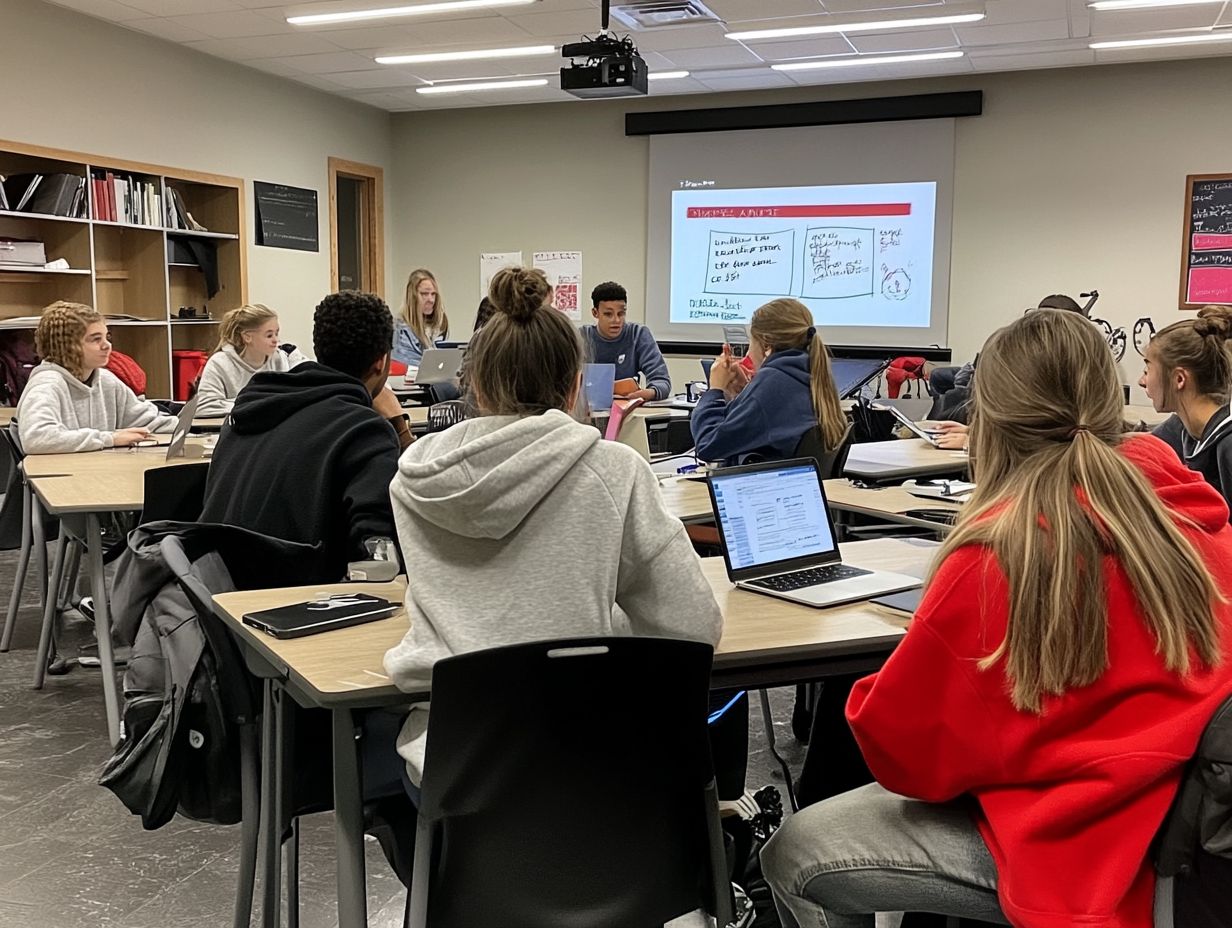
What are effective learning strategies?
Effective learning strategies are methods or techniques that help individuals learn and retain information more efficiently. These strategies can vary from person to person and can include things like note-taking, active listening, and self-testing.
Why are effective learning strategies important?
Effective learning strategies are important because they help individuals engage with and understand information better, leading to improved academic performance and overall success. These strategies also help individuals become more independent learners and develop valuable skills for future learning endeavors.
What are some examples of effective learning strategies?
Examples of effective learning strategies include spaced repetition, practice testing, concept mapping, and mnemonic devices. Other strategies may include breaking up studying into smaller sessions, setting specific goals, and using visual aids.
Do effective learning strategies work for everyone?
While effective learning strategies have been shown to improve learning and retention for many individuals, they may not work for everyone. Each person has different learning styles and preferences, so it is important to find the strategies that work best for you.
How can I improve my learning strategies?
To improve your learning strategies, try experimenting with different techniques to see what works best for you. You can also seek advice from teachers, mentors, or other students who may have helpful tips. Additionally, staying organized and maintaining a positive attitude can also contribute to more effective learning.
Can effective learning strategies be used in any subject?
Yes, effective learning strategies can be applied to any subject. While the specific strategies may vary depending on the subject matter, the underlying principles of active engagement and retention remain the same. It’s important to adapt and modify your learning strategies to fit the specific subject or course you are studying.
